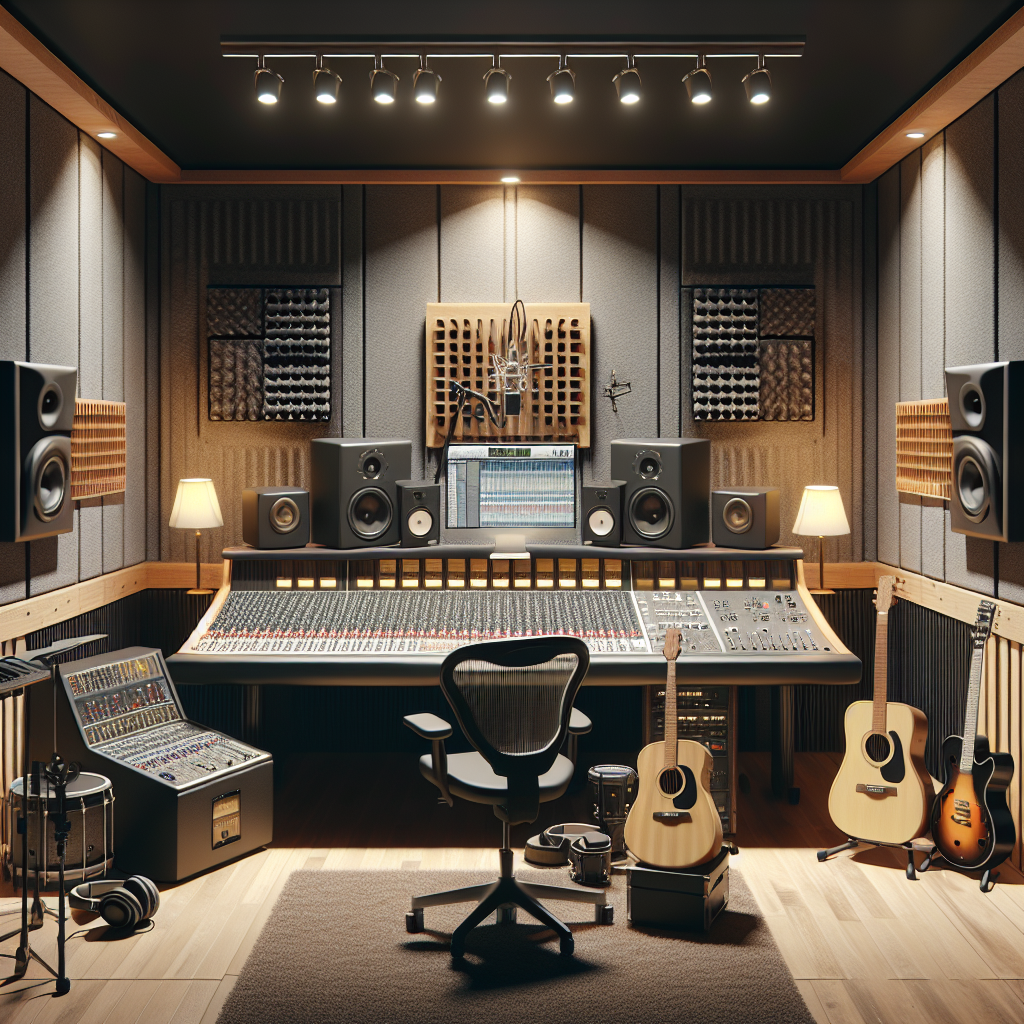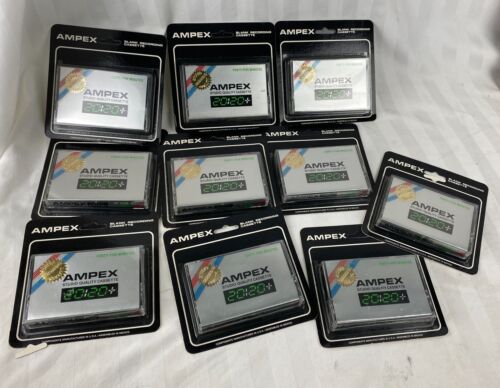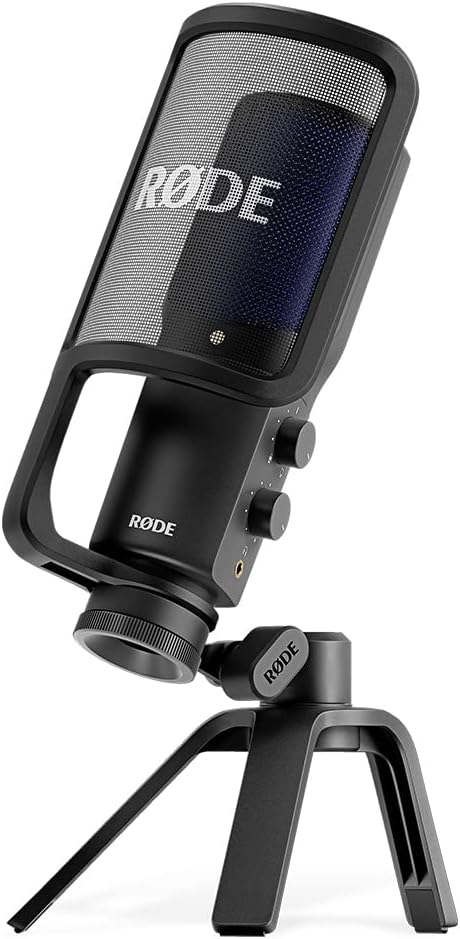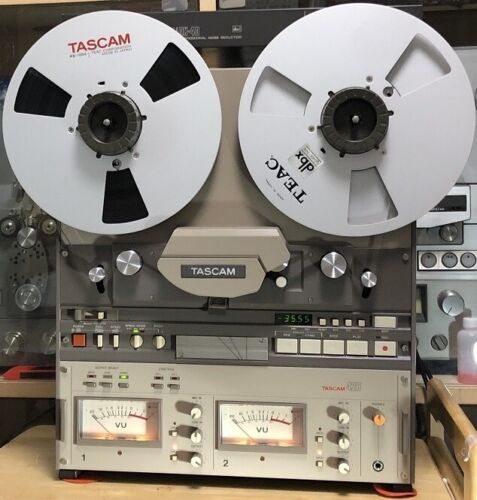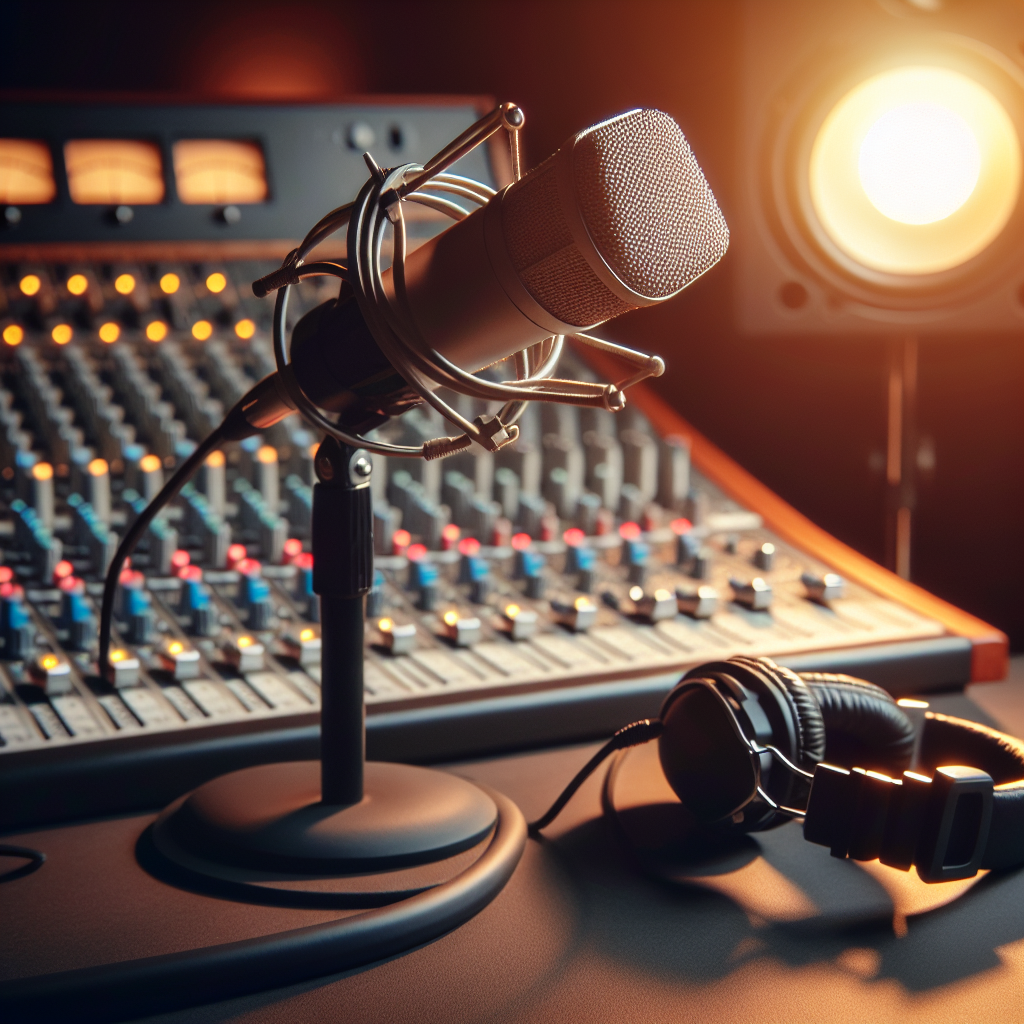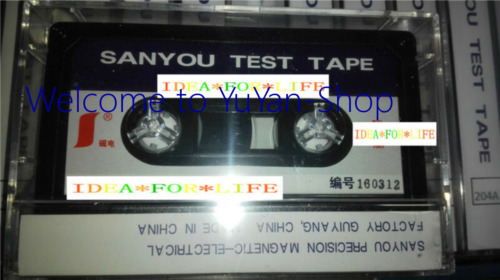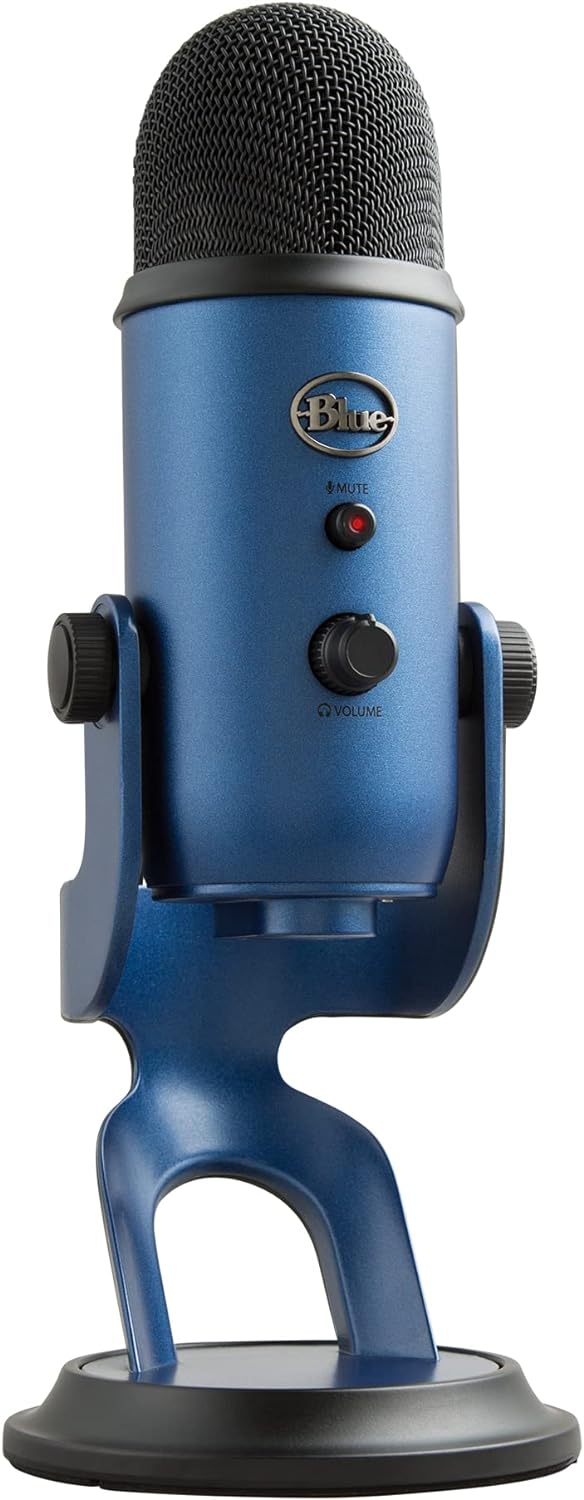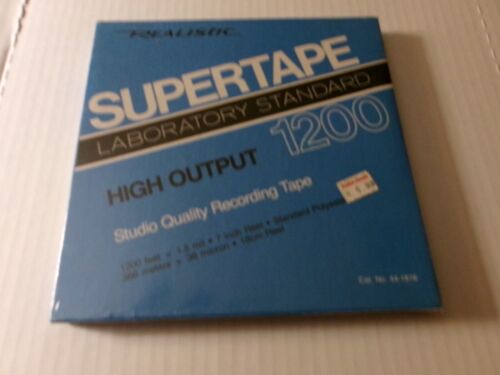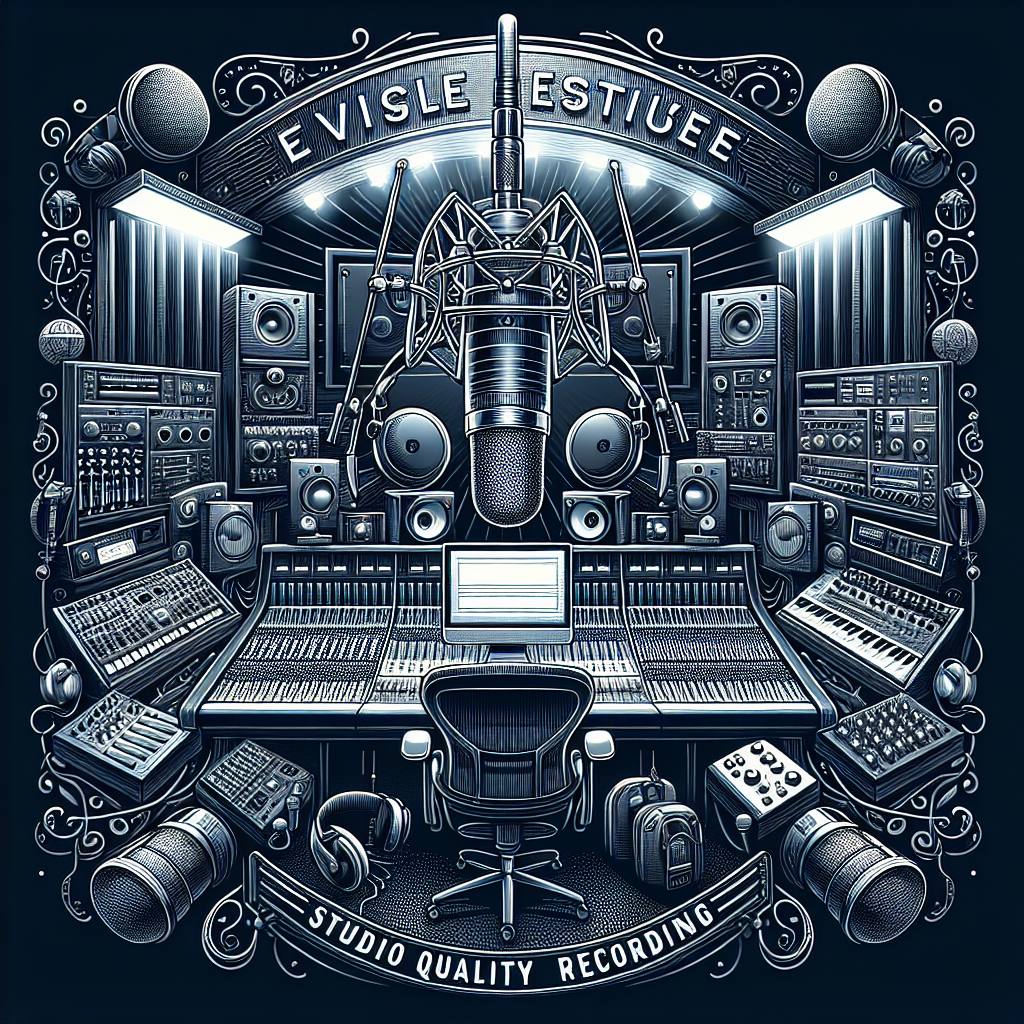Recording music in a studio can be a daunting task, especially for those who are new to the process. However, with the right tools and knowledge, anyone can achieve professional-quality recordings. In this ultimate guide, we will cover everything you need to know about studio quality recording, from setting up your space to choosing the right equipment and techniques.
Setting Up Your Space
The first step to achieving studio quality recordings is to set up a suitable recording space. Ideally, you should have a room that is acoustically treated to minimize unwanted reflections and reverberations. This can be achieved by using acoustic panels, bass traps, and diffusers. Additionally, make sure your space is free from outside noise and distractions.
Choosing the Right Equipment
The key to achieving studio quality recordings is using the right equipment. Invest in a high-quality microphone, audio interface, headphones, and studio monitors. Additionally, consider purchasing a pop filter, microphone stand, and shock mount to improve the quality of your recordings. It is also important to use a Digital Audio Workstation (DAW) software such as Pro Tools, Logic Pro, or Ableton Live to record, edit, and mix your music.
Recording Techniques
When it comes to recording music in a studio, there are a few techniques that can help you achieve professional-quality results. Firstly, make sure to position your microphone correctly to capture the best sound. Experiment with different microphone placements to find the optimal position for each instrument or vocal track. Additionally, use proper gain staging to ensure that your recordings are not too quiet or too loud.
Mixing and Mastering
Once you have recorded your tracks, it is important to mix and master them to achieve a polished, professional sound. Use EQ, compression, reverb, and other effects to enhance the sound of your recordings. Experiment with different settings and techniques to find the perfect balance for each track. Additionally, consider hiring a professional mastering engineer to fine-tune your final mix and ensure that it sounds great on all playback systems.
In conclusion, achieving studio quality recordings is a combination of having the right equipment, knowledge, and techniques. By following the tips outlined in this ultimate guide, you can create professional-quality music that will impress listeners and stand out in a competitive industry. Remember to practice, experiment, and never stop learning to continue improving your recording skills.
